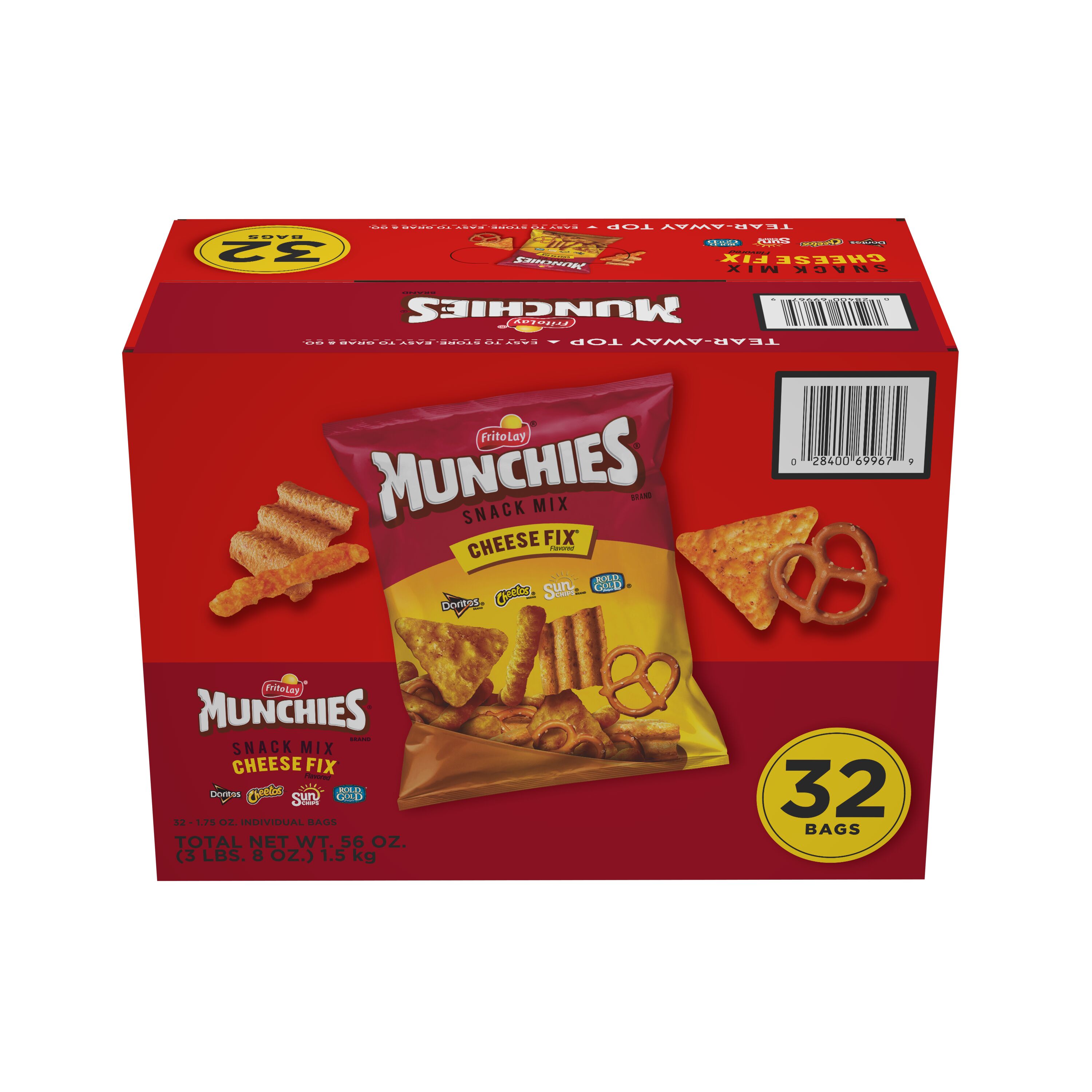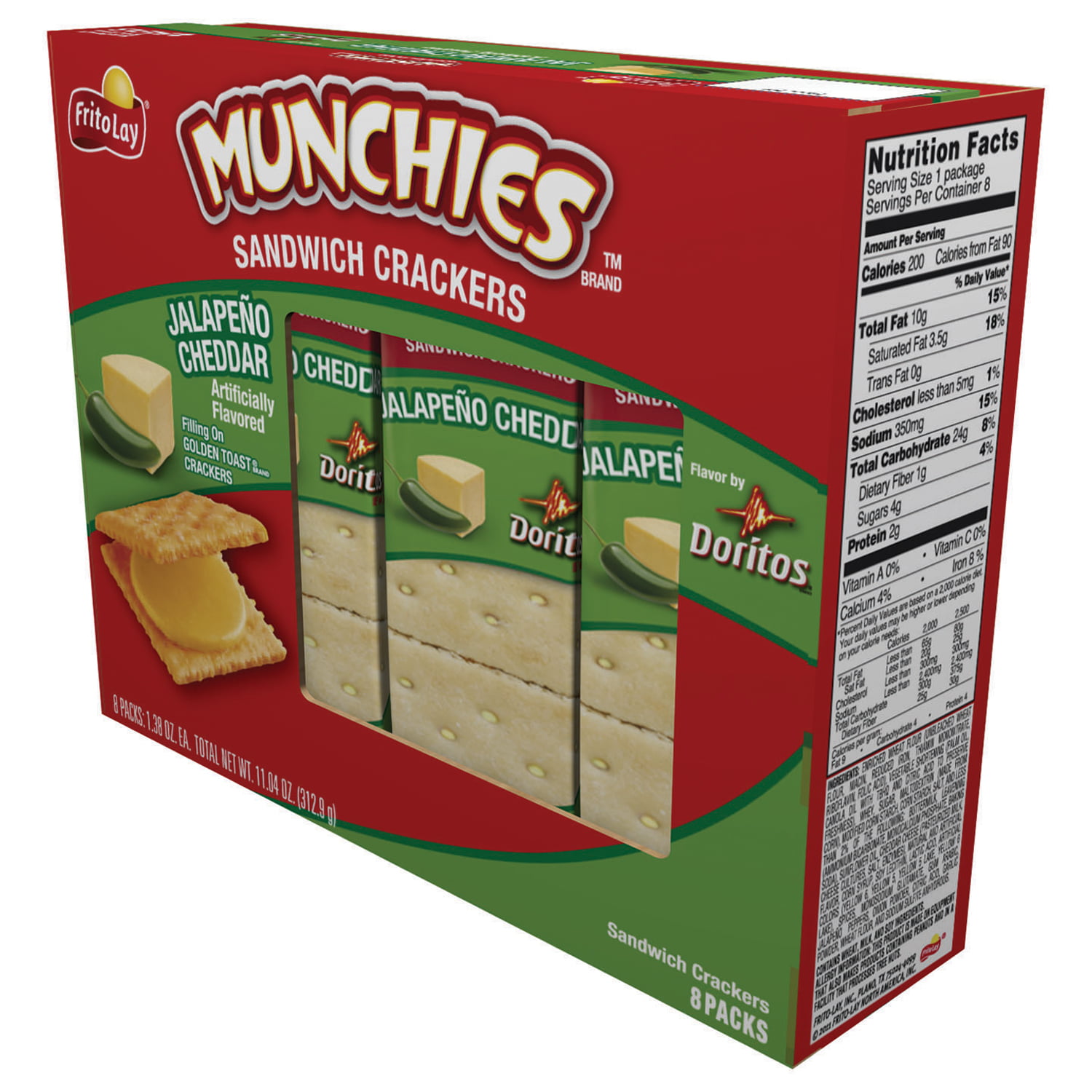For Sale Monchis Food Near Me – With the rising costs of new products, especially in categories like electronics, clothing, and furniture, purchasing second-hand items can offer significant savings. The second-hand market is not just about saving money; it’s about embracing a more sustainable, mindful way of consuming that values reuse, repurposing, and the stories behind the items we choose to keep. Many brokers specialize in certain industries or types of businesses, allowing them to better serve their clients by offering specialized knowledge and advice. A high-quality winter coat, for example, will keep you warm and dry through years of cold weather, offering comfort and protection that a cheaper, mass-produced coat cannot match. Self-help books and motivational speakers promise to sell us the tools to fix ourselves, to buy into a better version of who we could be. The idea of being “for sale” also touches on larger cultural and societal themes. Online platforms like Etsy, for example, have given artisans a global audience for their high-quality handmade goods. For the buyer, it can feel like a great opportunity, a chance to acquire something they’ve been searching for, or maybe just the satisfaction of knowing that a good deal is within reach. When everything becomes a transaction, we risk losing sight of what truly matters. While buying and selling second-hand items can come with its challenges, the rewards—both financially and environmentally—make it a worthwhile pursuit for many people. Millennials and Gen Z, in particular, have embraced the idea of second-hand shopping as a way to challenge consumerism, reduce waste, and express their individuality. In some cases, buyers may also acquire businesses with existing intellectual property, such as patents, trademarks, or proprietary technologies, which can offer a competitive edge in the market. Yet, even within this system, there is room for hope. A piece of furniture, for instance, may hold sentimental value simply because it’s been in the family for generations. For environmentally conscious consumers, buying second-hand is not just a cost-effective choice, but a way to make a positive contribution to the planet. The advent of these online platforms means that consumers can hunt for items they might have otherwise overlooked or been unaware of, sometimes at a fraction of the original cost. For book lovers, buying second-hand books is an affordable way to build a library, and it can also be an opportunity to find rare or out-of-print titles that are no longer available in stores. In the realm of real estate, for instance, selling a house is often an emotional and logistical challenge. From the most trivial items in a dollar store to the most precious works of art in a museum, everything can be assigned a price. On one hand, there’s the potential for an established client base, proven systems, and a recognizably brand name.

Halal Munchies Astoria, NY 11103
100+ local foodie spotsfind a local restauranthigh quality cuisine
Munchies Food Truck 499 Boston Post Rd, Waterford, CT 06385
100+ local foodie spotsfind a local restauranthigh quality cuisine

Munchies Flamin' Hot Flavored Snack Mix, 8 oz
100+ local foodie spotsfind a local restauranthigh quality cuisine

Munchies Snack Mix, 2 Flavor Variety Pack (28 Pack
100+ local foodie spotsfind a local restauranthigh quality cuisine

Munchies Original Snack Mix, 47 g, 40/CT Grand & Toy
100+ local foodie spotsfind a local restauranthigh quality cuisine

Halal Munchies in Kew Gardens, NY Get 10 Off Foodie Card
100+ local foodie spotsfind a local restauranthigh quality cuisine

Munchies, Cheese Fix Flavored, Snack Mix SmartLabel™
100+ local foodie spotsfind a local restauranthigh quality cuisine

Munchies Cheese Fix, Party Size, 13 oz Bag
100+ local foodie spotsfind a local restauranthigh quality cuisine

Munchies Snack Mix Walgreens
100+ local foodie spotsfind a local restauranthigh quality cuisine

Munchies Ultimate Cheddar Near Me
100+ local foodie spotsfind a local restauranthigh quality cuisine
The role of business brokers and intermediaries has become increasingly important in today’s business-for-sale market. After the sale is complete, the buyer assumes responsibility for the business and takes control of its day-to-day operations. For when everything is for sale, it’s easy to forget that the most important things in life are not commodities; they are experiences, relationships, and moments of connection that cannot be measured in dollars and cents. The world may increasingly operate under the assumption that everything is for sale, but the human spirit, with its capacity for love, creativity, and compassion, refuses to be bought. The marketplace for second-hand items continues to grow, driven by economic, environmental, and cultural factors. Online platforms also give buyers and sellers the chance to evaluate one another through reviews and ratings, adding an extra layer of trust and security to the transaction. It carries the marks of life’s moments: the road trips, the adventures, the daily commutes, the memories of friends and family. Similarly, in relationships, individuals may feel as though they are selling themselves, presenting their best qualities and hoping for the best outcome. Relationships can become transactional, where each party enters into an agreement based on what they stand to gain. The idea of buying things that were once owned by someone else is no longer considered taboo or lesser; rather, it has become a lifestyle choice for those who want to make smarter, more ethical purchasing decisions. The act of selling can be both a release and a renewal, a letting go that paves the way for something new and unknown. There is also a growing trend of online platforms that facilitate the buying and selling of businesses. When everything becomes a transaction, we risk losing sight of what truly matters. The rise of minimalism and a desire for unique, vintage items has also played a role in the growing popularity of second-hand goods. Legal experts are often involved at this stage to ensure that the transaction is conducted in compliance with all relevant laws and regulations. This connection between consumers and the creators of quality goods is something that’s been fostered for centuries. Unlike mass-produced items that may become outdated or fall apart with minimal use, quality products are designed to endure. Vintage clothing, in particular, has gained a significant following, with people seeking out unique, one-of-a-kind pieces that cannot be found in mainstream stores. For sellers, the challenge lies in pricing items fairly and accurately representing their condition. When a person creates something, they are offering a piece of themselves to the world, not for sale, but as a gift.
Sellers often find themselves in a strange position, balancing the emotional attachment to the item with the rational need to let it go. It is also important to check the seller’s reputation and read reviews or feedback from previous buyers. This has opened up new possibilities for people to find exactly what they’re looking for, whether it’s a specific brand of furniture or a limited edition item that was once sold out. They also have access to networks of potential buyers and sellers, which can help expedite the sale process and increase the chances of a successful transaction. In a circular economy, items are kept in use for as long as possible, reducing the need for new resources and minimizing environmental harm. A house can be bought, a car can be sold, a watch can be pawned. Whether it’s a rare collectible, a discontinued item, or a vintage piece of clothing, online platforms offer a global marketplace where buyers and sellers can connect over products that may not be easily found elsewhere. Relationships can become transactional, where each party enters into an agreement based on what they stand to gain. Business brokers play a key role in facilitating the transaction by acting as intermediaries between the buyer and seller. When everything becomes a transaction, we risk losing sight of what truly matters. This shift in mindset has contributed to a growing acceptance and even celebration of second-hand shopping, making it a mainstream activity that is not just about saving money but about making more thoughtful and responsible choices. Some goods, like a fine Swiss watch, carry decades or even centuries of tradition, built on a reputation of precision and excellence. For some, selling something may feel like a sacrifice, while for others, it may feel like an investment in their future. As more people embrace the idea that everything has value, second-hand goods will continue to be a central part of the way
Quality goods for sale have always held a special place in markets around the world, captivating consumers with their promise of durability, performance, and timeless appeal. This has opened up new opportunities for small businesses to thrive and for consumers to access unique, well-made items that they might not have encountered otherwise. It’s a moment of transition, and as with all transitions, it brings with it both excitement and uncertainty. One of the key defining features of quality goods for sale is their ability to stand the test of time. Whether through local thrift stores, online marketplaces, or garage sales, the option to buy pre-owned items has created a flourishing market that continues to grow. The advent of these online platforms means that consumers can hunt for items they might have otherwise overlooked or been unaware of, sometimes at a fraction of the original cost. When you buy something made from premium materials, crafted with attention to detail, and tested for reliability, you can expect it to deliver value that surpasses its initial cost.